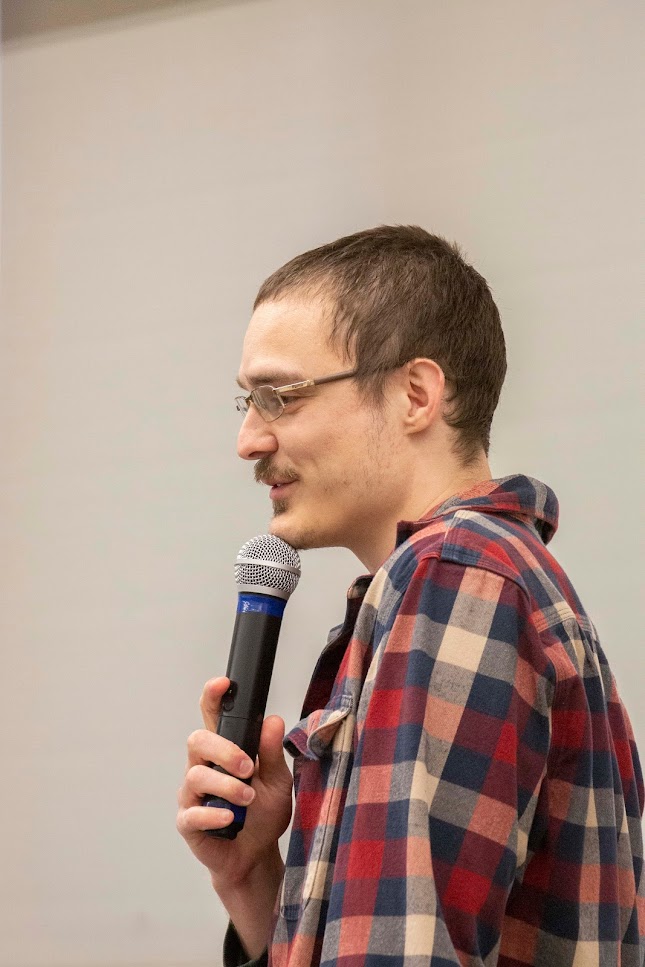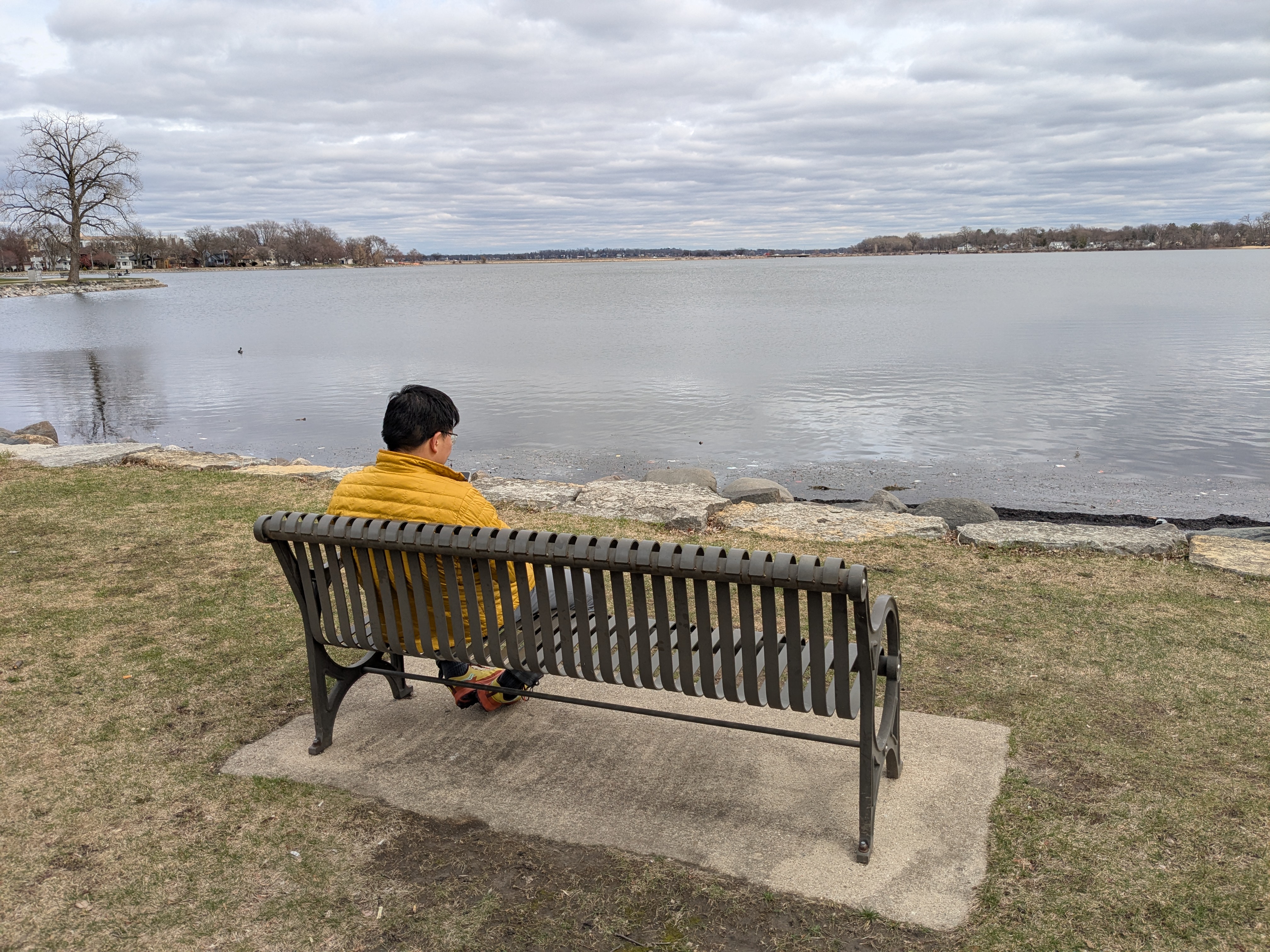
Celebrating Great Books at UWisconsin–Madison
Attending my first academic conference
In early April I had the opportunity and the privilege to travel with my colleague DRBU Professor Franklyn Wu to the University of Wisconsin–Madison to participate in the annual professional conference of the Association for Core Texts and Courses (ACTC). The ACTC brings together and supports programs and schools of higher education that emphasize the study of classical and culturally significant texts from around the world. In March DRBU hosted the ACTC’s annual student conference.
Every year scholars from ACTC member institutions and elsewhere gather at the Association’s professional conference to share their appreciation of core texts through short papers that examine the texts themselves as well as approaches to teaching them. Most member institutions focus primarily on texts from the Western tradition, which stretches from ancient Greece and Rome through medieval and Renaissance Europe to modern Europe and the Americas. DRBU is one of the few schools that includes a large number of non-Western texts in its curricula.
Shared inquiry is built directly into the conference structure. Presenters are asked to keep their papers short (no more than fifteen minutes) in order to leave time at the end of each panel for discussion between presenters and the audience. This was my first academic conference, so I didn’t have anything to compare it to, but many people told me that ACTC is their favorite conference because it allows for and encourages discussion, and because the broad range of presented materials avoids the siloing effect of hyperspecialization even in a shared field. For example, a German studies scholar who presented on teaching foreign language through core texts told me that at German studies conferences, he often struggles to engage with the work of other German studies scholars whose concentrations are microscopically specific. At the ACTC conference, by contrast, he can engage with presentations on Plato, Maimonides, Mary Shelley, and much besides: authors and works that address deep human questions spanning time and space.

The theme of the conference was Leading Between the Lines: Core Texts and Public Leadership. I don’t know much about public leadership, but it seems to me that some world leaders today put self-aggrandizement before public interest. Therefore, I presented a paper on the Daode Jing and the Zhuangzi regarding what I call the principle of yielding: how stepping back from the self and from self-interest can benefit the ten thousand things. I had the good fortune to present in the same panel as Professor Wu, whose paper considered the paradox of the Buddha’s teaching to his monastic disciples to be islands unto themselves, a teaching that when examined closely both encourages self-reliance and emphasizes the importance of interdependence with others.
I wasn’t sure what to expect from the conference and was quite nervous in advance, but I had no reason to be. Everyone I met was friendly and welcoming, and I had a wonderful time. I was enriched by insightful papers and keynote addresses (including a memorable talk on Nathaniel Hawthorne and the shadow of guilt in the American consciousness), and I enjoyed many conversations with fellow travelers in the world of core texts. I can’t wait to participate in the conference again, next year or whenever the opportunity arises.
